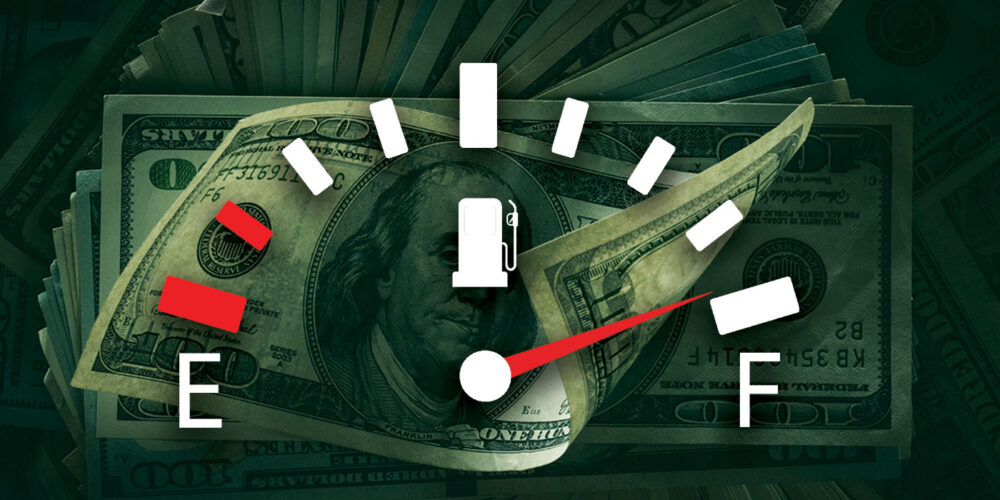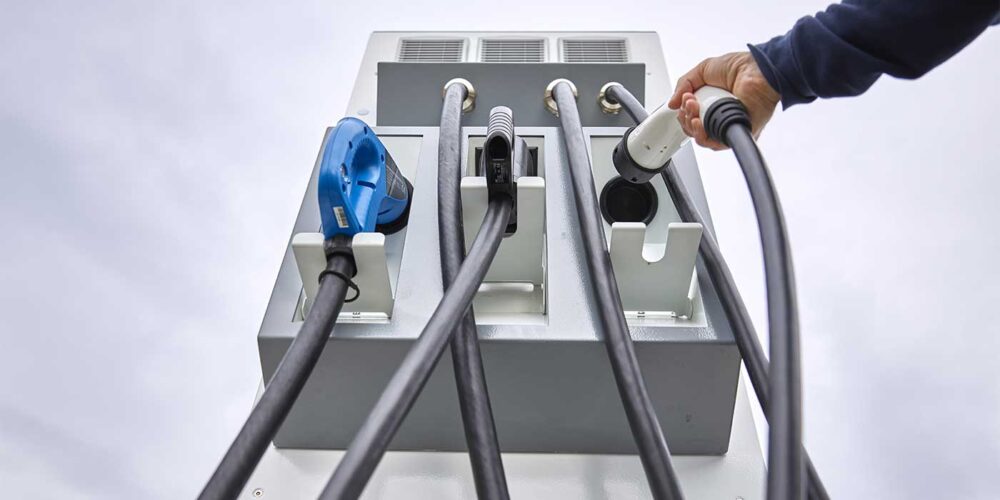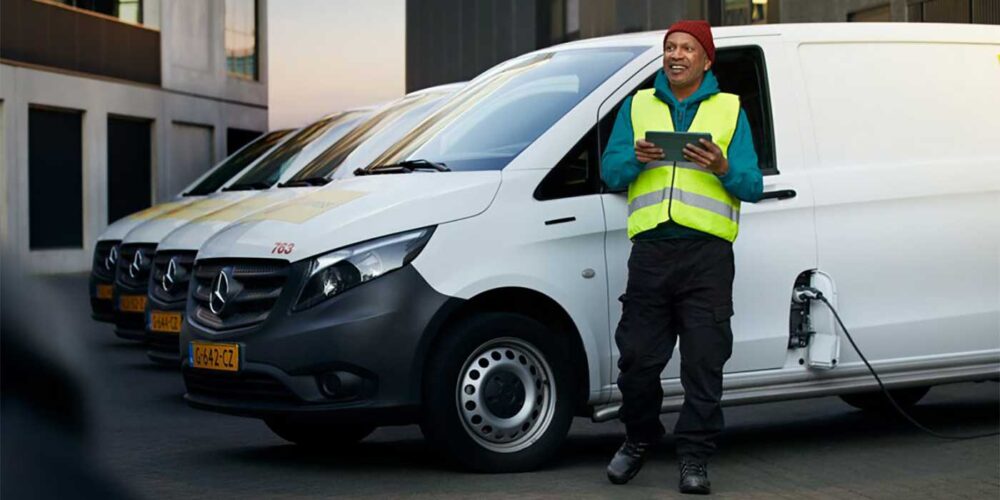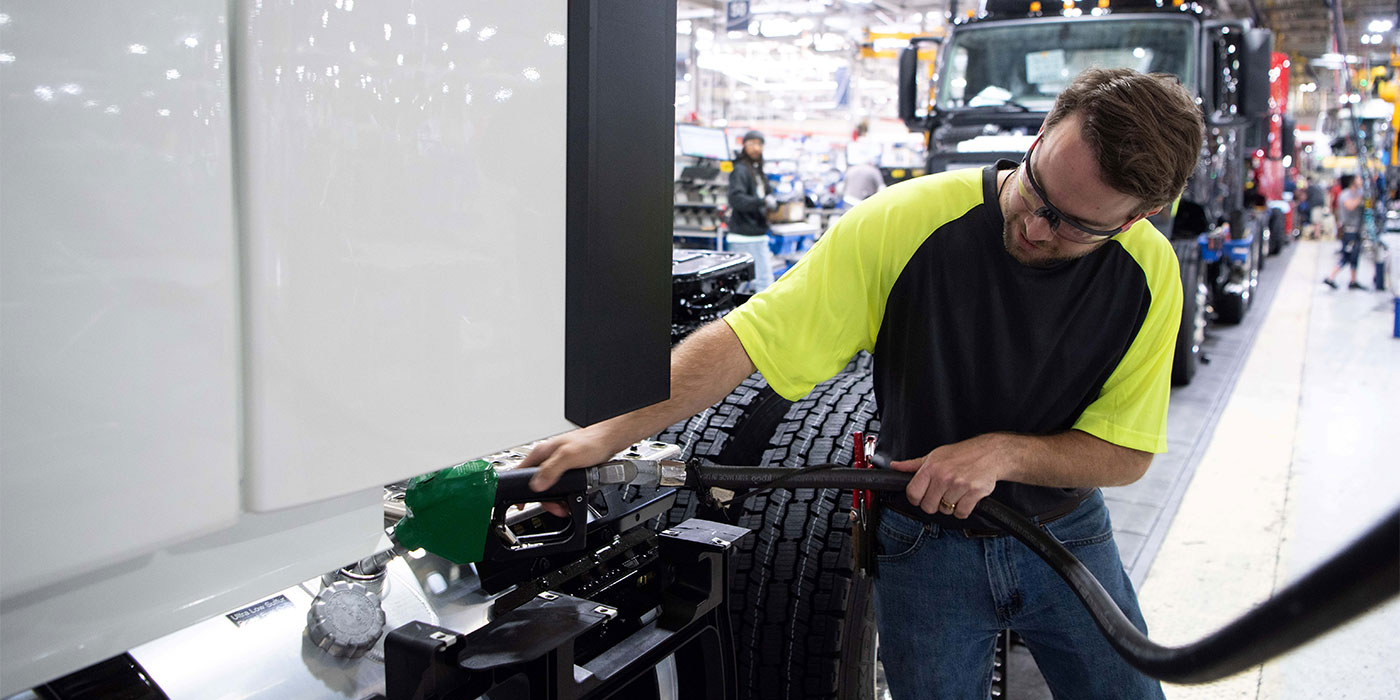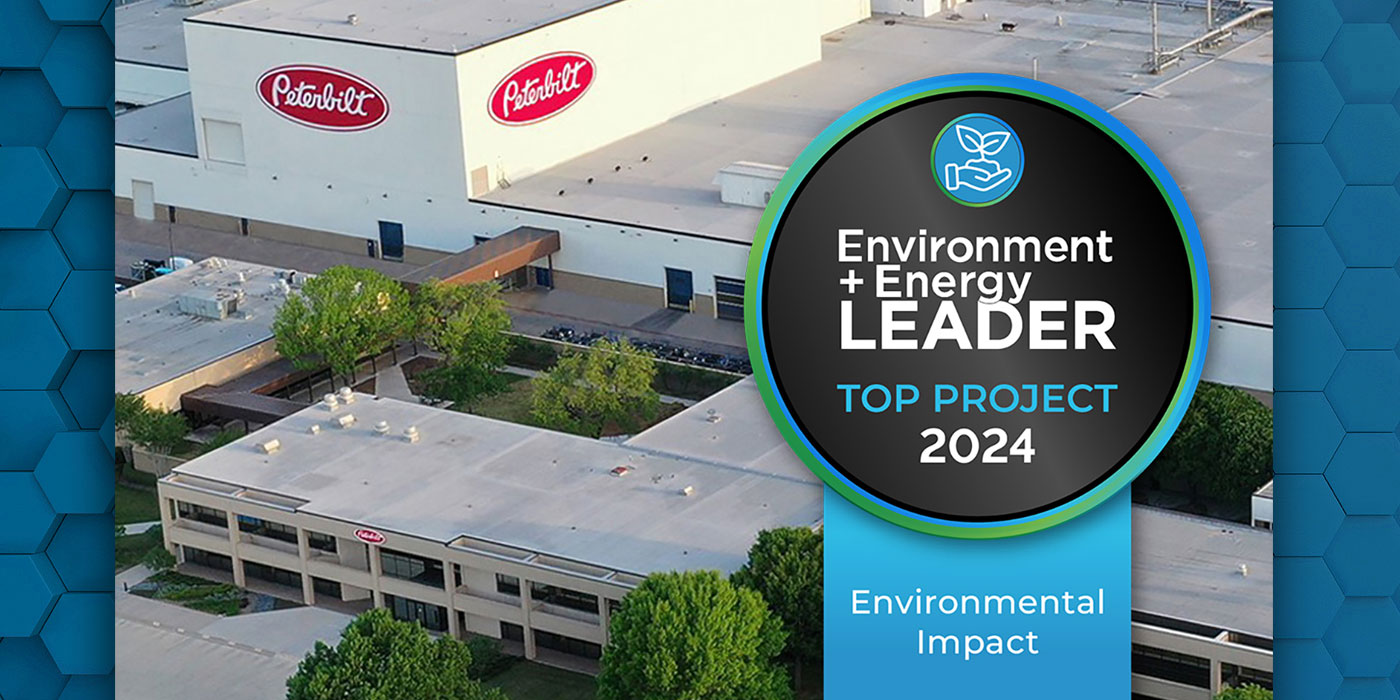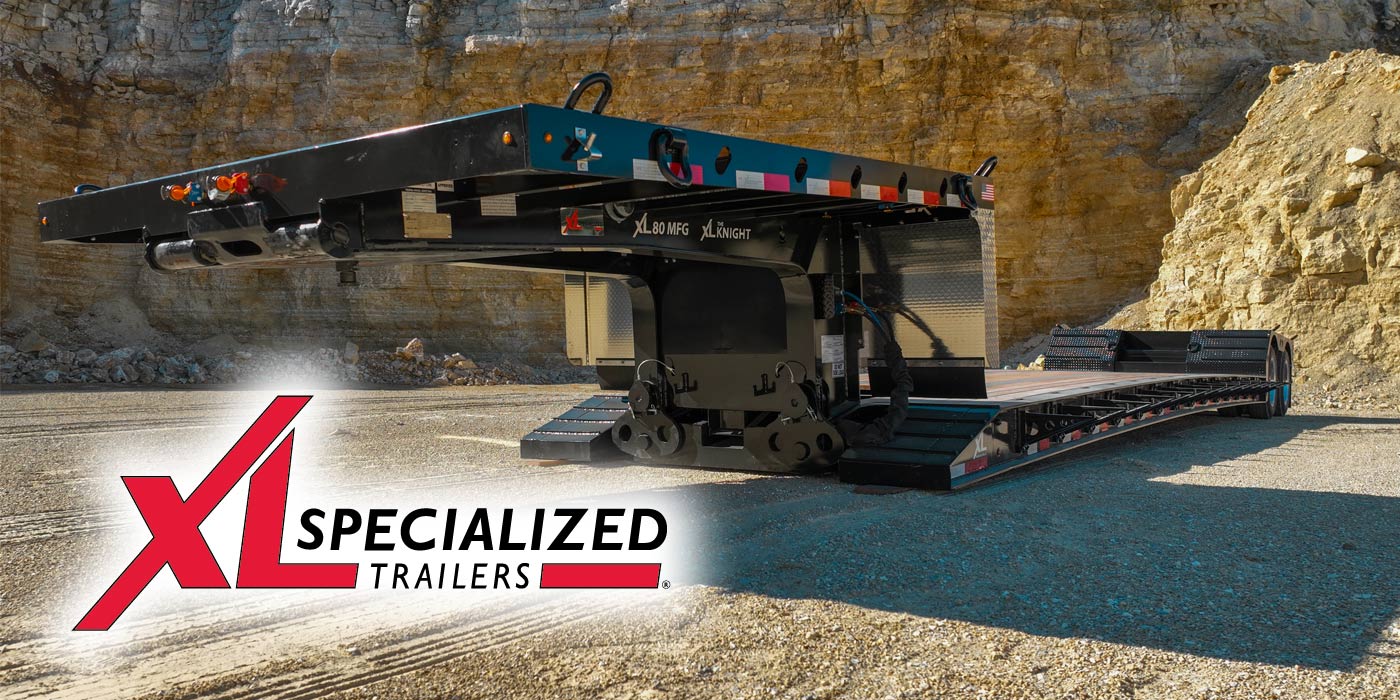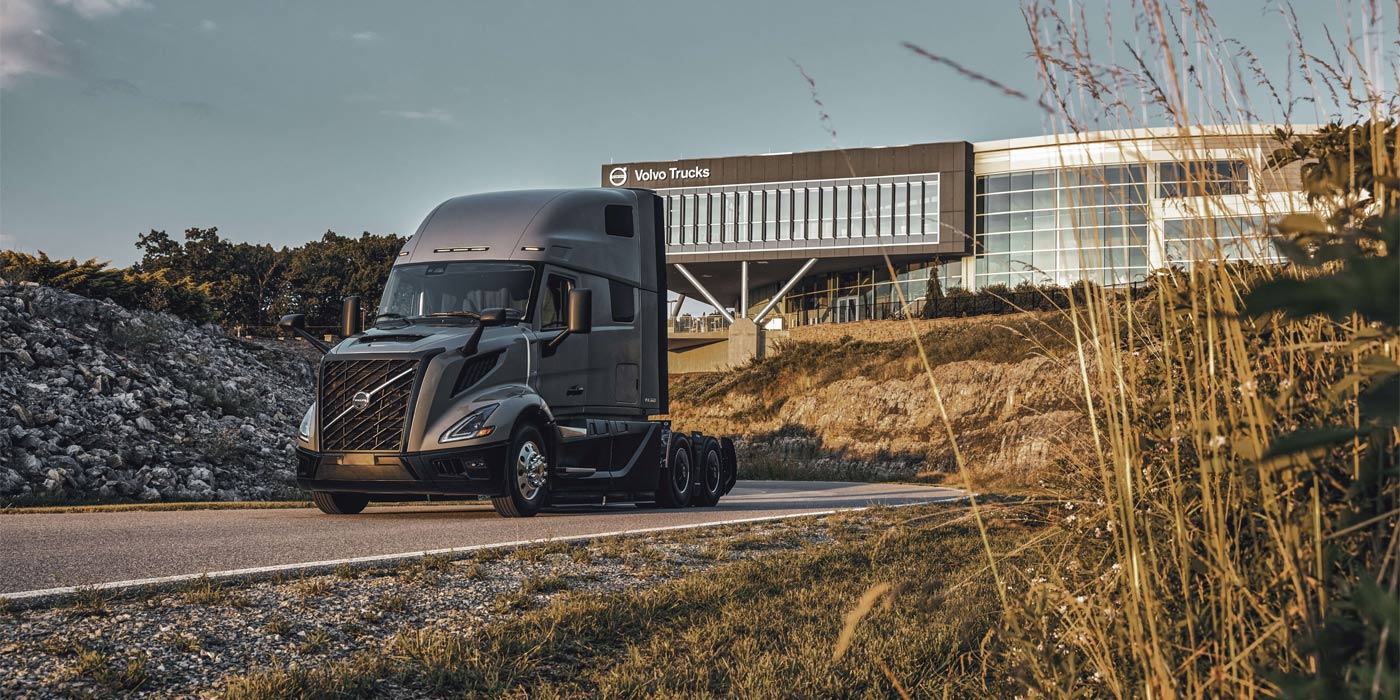The cost of doing business in the fleet industry is high, but one often overlooked way to help increase savings is through fuel efficiency.
Supply chain issues, lingering effects of inflation, cost of vehicles – all are reasons why fleet operators are seeking ways to tighten budgets. In a recent survey of Shell Fleet Solutions fleet account managers, reducing overall costs and finding new solutions for efficiency were among the most important trends they have heard directly from fleets.
Fuel is a major component of running a fleet, and making sure that vehicles are being efficient with how they use it, is a part of optimizing fleet operations. Thankfully, there are options to boost efficiency with fleet management tools and services that help get more from fleet vehicles.
Fuel cards remain an easy way to help save costs
Fuel cards, such as the Shell Fleet Navigator Card, for example, are a popular way to save on fuel as most come with discounts at the pump and are easy to onboard with drivers. They also help reconcile transactions by eliminating the need for drivers to collect and turn in receipts, allowing fleet managers to easily access reports through a digital platform that tracks purchases. These reports also help avoid mistakes that can occur from manually inputting fuel costs into spreadsheets.
Additionally, fuel cards can provide details on individual purchases including date, time, location and volume of fuel purchased. Real-time monitoring of fuel transactions creates transparency around fuel spend, while Driver IDs and purchase controls help against fuel fraud. With this data, businesses can stay informed about fuel consumption and make data-driven decisions.
These factors give fleet managers a clear picture of fuel spend to help ensure the fleet is staying within budget while accounting for any inconsistencies.
EVs are the future of fleet efficiency
When it comes to fuel efficiency, electric vehicles (EVs) are a no-brainer to help reduce the need for gas or diesel. However, one can manage a mixed fleet in the interim, so there’s no need to transition to a fully electric fleet at once. Implementing a few EVs can help increase efficiency across a mixed fleet.
Outside of fuels, EVs can also help reduce vehicle operation and maintenance costs. Estimates suggest that EV fleets can have a 15–25% lower total cost of ownership than that of equivalent internal combustion engine vehicles by 2030, as reported by McKinsey.
Despite some inherent challenges to consumer adoption such as the upfront cost of infrastructure, healthier EV growth is forecasted in the fleet industry. Compared to the world average of 36.1%, a compound annual growth rate of 46.1% is expected in North America for electric light commercial vehicles (eLCVs) by 2030 according to a study by market research firm, MarketsandMarkets.
Utilizing data and technology
Technology and digitalization of fleet operations are constantly evolving in the fleet world. Used effectively, the data available to fleet operators through new innovations can have a positive effect on fuel efficiency and help lower total cost of ownership.
In the case of telematics, a fleet monitoring system can provide the information needed to get quality results from drivers, vehicles and operations. Fleet safety consultant DriveTech reported that 47% of total cost of ownership is a result of driver behavior.
Total cost of ownership and fuel efficiency go hand in hand for telematics users. A fleet manager can track vehicles and optimize route planning to help ensure drivers aren’t adding extra miles during their shift. Based on a Shell study, for light-duty trucks (LDTs), vehicles can potentially have a 13% increase in miles per gallon when implementing telematics; multi-purpose vehicles can potentially see a 7% increase.
Mobile fueling helps eliminate mileage
More fleets are turning to mobile fueling services, such as Shell TapUp, for example, that deliver fuel directly to fleet vehicles. Mobile fueling takes gas station fill-ups out of the equation, allowing drivers to concentrate on their duties rather than spending time at gas stations. Over time, those fueling trips add up and can affect fuel efficiency.
According to Geotab, for a fleet of 100 vehicles, each vehicle drives about 2.2 miles out of the way to fill up, with each vehicle filling up on average 7.7 times per month. A gas station stop adds more than 20 minutes to each trip. By cutting out the added time, a fleet of 100 vehicles could see an annual reduction of 3,080 hours of fueling and 20,300 miles of fueling trips.
Combining services to achieve efficiency goals
Fleet managers must be more creative than ever in their daily operations to keep their bottom line profitable. Whether used individually or combined, these fleet management tools can help get more out of fuel efficiency. The first step is to reach out to fleet management experts to learn more about how they can be used to save on costs among other benefits.
Jim Perkins serves as Director of Shell Fleet Solutions, U.S.A. To learn more about the Shell Fleet Solutions’ tailored services and products that can help you lower your total cost of mobility and achieve your sustainability goals, please visit the Shell Fleet Solutions website.
This article is intended for information purposes only, and is not intended to constitute a fulsome account of the claims contained herein. Shell Fleet Solutions does not make any representation or warranty, whether express or implied, regarding the accuracy, completeness, reliability, or relevance of the advice contained in this article, and is not liable in any way for any loss, damages or expenses arising out of, or in connection with the decision to follow the article, or with the use of or claims made regarding such advice. The article and the advice contained herein do not offer guarantee of potential or actual success of decisions made on their basis. The article is not designed to form a basis for investment decisions. For further substantiation, including bibliographical information of any of the claims contained in this article, please contact the author.

